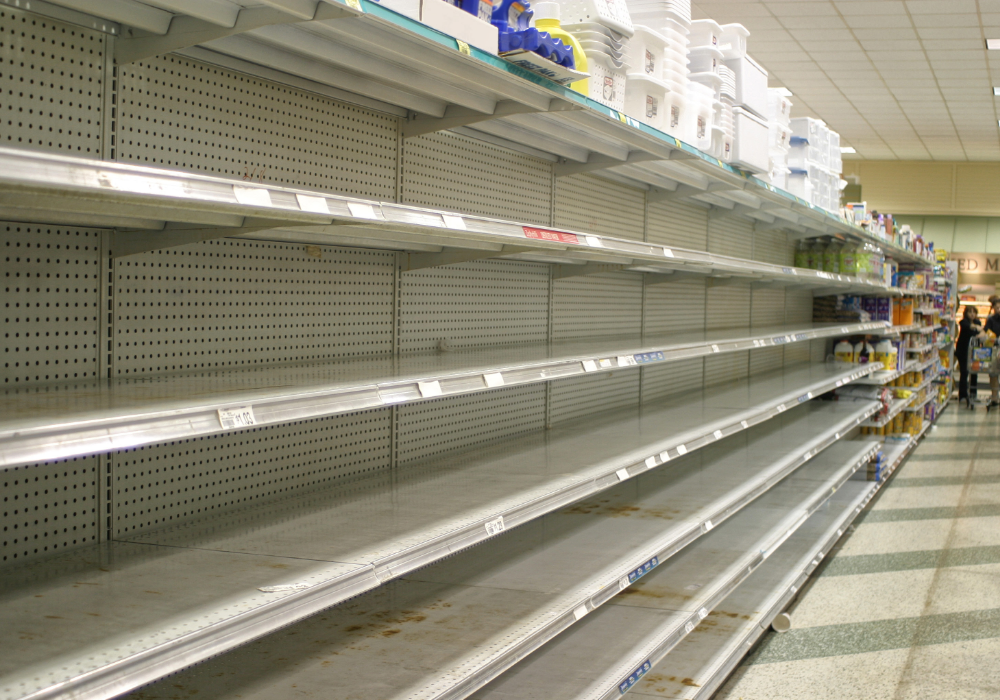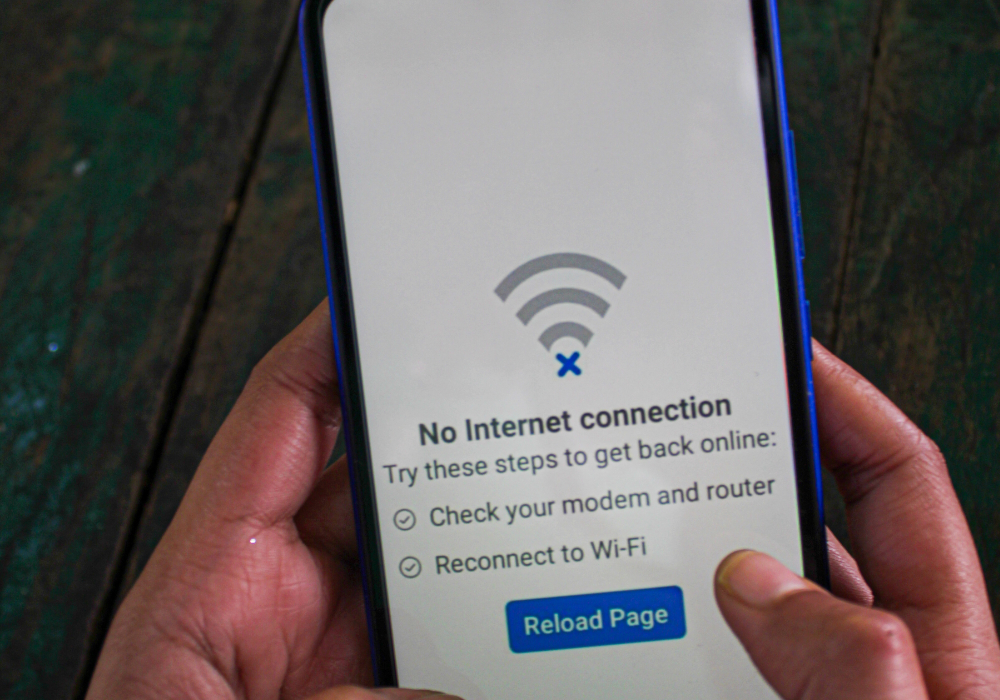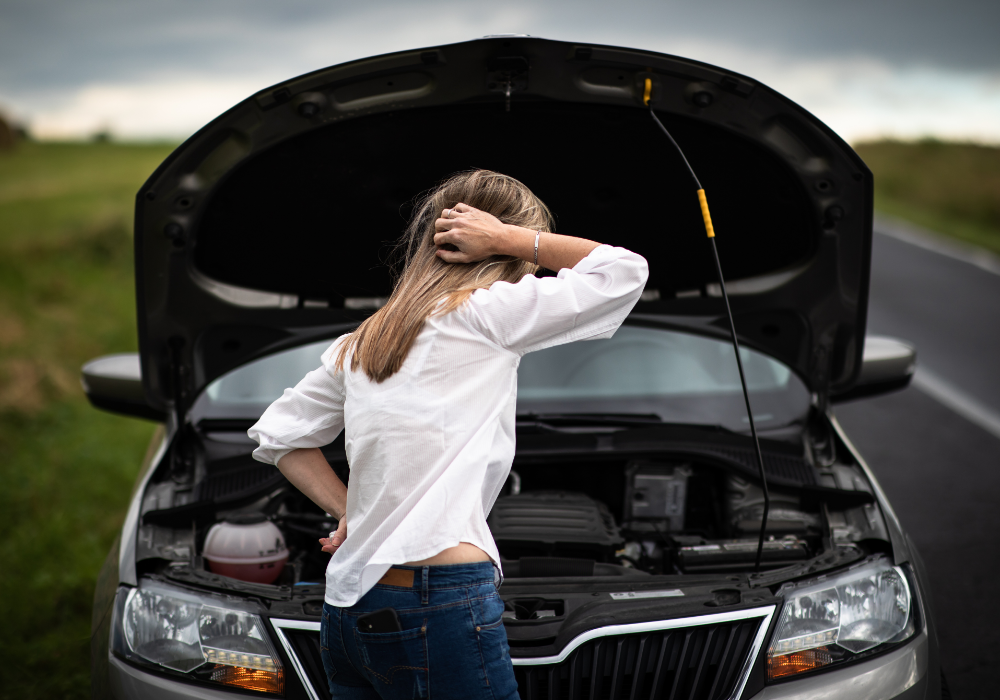You won’t realize how much you depended on these until they’re already gone.

When people imagine collapse, they picture huge disasters—cities crumbling, food shortages, chaos in the streets. But in reality, what hits hardest are often the quiet losses. The small, normal conveniences that hold life together quietly disappear one by one, and most people won’t even realize how deeply they depended on them until they’re gone.
It’s not just electricity or running water. It’s the dozens of little comforts woven into daily routines that quietly vanish. These aren’t luxuries—they’re things so normal that their absence feels jarring and surreal when collapse hits. That’s what makes them dangerous to overlook. When systems break down, it’s often these simple, invisible supports that crack first, long before the full weight of collapse becomes obvious. And by the time people notice, they’ve already adapted to a life that feels much smaller, colder, and harder.
1. Grocery store shelves will empty long before true hunger sets in.

Walking into a store and grabbing fresh produce, meat, snacks, and drinks feels automatic now. But grocery stores run on fragile supply chains that can collapse in days. If trucking halts, crops fail, or fuel becomes scarce, shelves will empty frighteningly fast—and restocking won’t happen like it used to. According to Dr. Evan Fraser of the University of Guelph, most grocery stores only keep a few days’ worth of inventory on hand—meaning that supply disruptions can leave shelves bare in as little as 2–3 days.
Even before full-scale hunger sets in, the disappearance of choice will hit hard. No fresh milk. No coffee. No variety of brands. What was once effortless abundance turns into frantic scarcity. People will miss the comfort of knowing food is always a quick trip away. The psychological shock of losing food security, even before true starvation, leaves communities rattled long before the real consequences of collapse fully arrive.
2. Reliable clean drinking water will vanish into uncertainty.

Twist the tap, and clean water flows—until it doesn’t. Modern water systems rely on electricity, chemicals, infrastructure maintenance, and consistent pressure to stay safe and reliable. Once collapse disrupts any of those elements, water may still flow, but contamination becomes an immediate threat. Per writers for the EPA’s guidance for water utilities, “inoperable pumps…can cause pressure loss, allowing contaminants to enter the drinking water distribution system,” potentially within just hours or days of a power outage.
Boiling, filtering, and collecting safe water will become daily struggles. Even minor lapses in purification can lead to illness fast. The days of casually filling a glass or showering without thought will feel like distant luxuries. Clean water isn’t just a health issue—it’s a comfort that quietly shapes daily life. When that ease disappears, every sip turns into a calculated risk, adding constant low-level anxiety to an already stressful reality.
3. Medicine will run out far sooner than most expect.

Pharmacies are stocked, prescriptions get refilled on autopilot, and emergency care feels like a given—until collapse shatters supply chains. Many life-saving medications have shockingly short shelf lives, limited stockpiles, and globalized manufacturing sources.
Once shipping slows or ingredient shortages hit, medicine dries up fast. As highlighted by experts at the White House, about 87% of active pharmaceutical ingredient (API) facilities for generic drugs are located overseas—exposing the U.S. to major vulnerabilities if global supply chains are disrupted.
Even basic pain relievers, antibiotics, and common maintenance drugs for chronic conditions could vanish quickly. People dependent on daily medications will face terrifying choices within weeks or even days. It’s not just catastrophic injuries or pandemics—it’s the quiet, steady absence of medical basics that will strip away a sense of security. What feels abundant now is built on a system that’s far more fragile than most realize.
4. Instant communication will feel like a vanished superpower.

Texting a friend, checking the news, or calling for help takes seconds now. But once networks fail—whether through power loss, infrastructure collapse, or cyberattacks—modern communication grinds to a halt. Cell towers stop transmitting. Internet access disappears. Even landlines, if they exist, become unreliable.
The silence will feel jarring. The instant access to information, updates, and social connections that people take for granted will vanish overnight. Misinformation will spread faster than facts, and many will feel paralyzed without constant updates to anchor their reality. The psychological blow of losing instant contact with loved ones might hit harder than any physical shortage in the early stages of collapse.
5. Refrigeration will disappear, taking food security with it.

Refrigerators hum quietly in the background, keeping food safe with little thought. But without steady electricity, refrigeration fails almost instantly. Perishables spoil within hours, frozen food becomes useless, and entire food supplies become dangerously unstable. Long-term storage shifts overnight from a casual luxury to a full-time job.
People will miss the ease of having fresh dairy, meats, and produce on standby. What was once background noise—the quiet hum of the fridge—turns into a daily reminder of vulnerability. Suddenly, every meal becomes a race against time, and long-term food security becomes an exhausting calculation. The absence of reliable refrigeration will upend routines that have defined modern life for generations.
6. Reliable heating and cooling will become distant memories.

When temperatures swing too hot or too cold, modern homes effortlessly adjust. Thermostats click on, furnaces roar to life, air conditioning hums quietly. But once energy grids fail or fuel supplies dwindle, temperature control vanishes. People will feel the full weight of nature’s extremes faster than they expect.
Winter cold becomes dangerous, not just uncomfortable. Summer heat turns deadly without circulating air. Even minor seasonal swings feel brutal when there’s no quick fix. Blankets, wood stoves, and hand fans become makeshift solutions—but nothing replaces the effortless comfort of a climate-controlled home. The ability to exist comfortably indoors disappears overnight, forcing people to relearn survival strategies that most haven’t needed for generations.
7. Running vehicles will slowly disappear as fuel supplies dry up.

Right now, most people don’t think twice about starting their car, driving to work, or taking a trip. But fuel shortages emerge fast during collapse. Gasoline refineries, distribution centers, and long-haul trucking rely on intricate systems that don’t survive prolonged instability. Without fresh fuel, vehicles become useless shells sitting idle.
The loss of mobility shrinks people’s worlds dramatically. Simple errands become impossible. Emergency evacuations turn into walking routes. Isolation deepens as communities fracture into smaller pockets without reliable transportation. The convenience of quick movement—a basic piece of modern independence—will fade shockingly fast once collapse grips fuel supplies.
8. Financial systems will fail long before full societal breakdown.

Swipe a card, tap your phone, check your balance online—it all feels secure. But money, as most people experience it, only exists because massive digital systems maintain trust in its value. Banking networks, ATMs, credit systems, and electronic transactions depend on stable power, secure networks, and centralized control.
In collapse, digital money evaporates fast. Cash may briefly hold power, but hyperinflation, theft, or panic can render it worthless quickly. The loss of stable currency shifts trade into bartering, hoarding, or black markets.
The quiet convenience of effortless payment disappears, replaced by a constant anxiety about basic survival and resource access. What feels like solid financial footing today may vanish before most people fully grasp how fragile that system always was.
9. Trash collection will halt, turning waste into a health hazard.

Garbage trucks roll by weekly, taking mountains of waste away without much thought. But collapse will sever municipal services quickly. With fuel shortages, labor shortages, and infrastructure failures, trash pickup will stop. Piles of waste will grow in yards, streets, and alleyways, attracting vermin, spreading disease, and creating dangerous public health conditions.
Modern lifestyles produce massive amounts of garbage, much of it non-biodegradable. Without removal systems, entire neighborhoods will suffocate under their own waste in weeks. Sanitation, often invisible when functioning well, reveals its importance brutally when it fails. The simple luxury of having waste “disappear” is one of the first things people will miss—and one of the first things that makes collapse feel real.
10. Hot showers will vanish, taking comfort and hygiene with them.

Hot water on demand is so ordinary that people rarely even appreciate it. But once energy grids fail, fuel becomes scarce, or municipal water systems collapse, hot showers become a distant memory. Hygiene shifts from effortless to grueling as people adapt to cold sponge baths or limited water supplies.
The emotional comfort of a hot shower after a hard day is massively underestimated. Without it, morale suffers fast. Physical health risks rise too, as proper hygiene becomes harder to maintain. What was once a daily ritual of comfort and care becomes a constant source of frustration and discomfort. Losing hot water is one of the quiet, crushing losses that makes collapse feel relentlessly personal.
